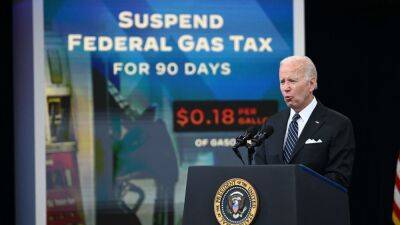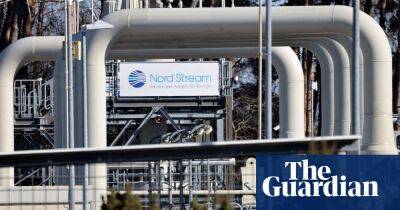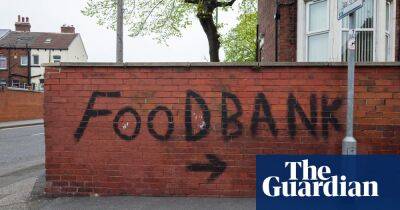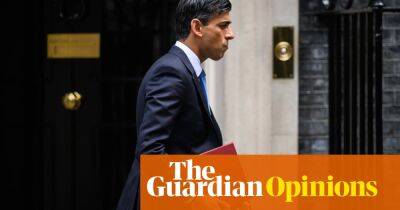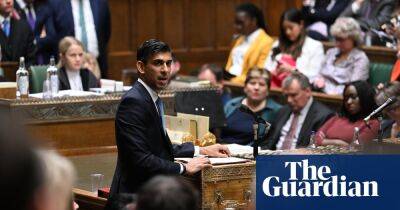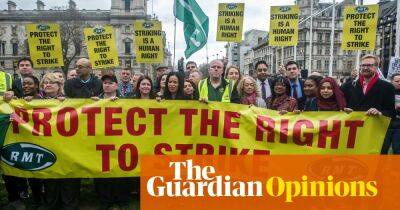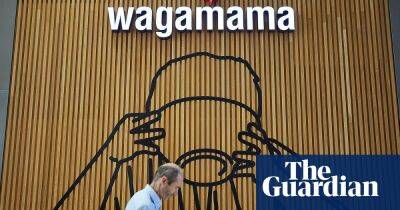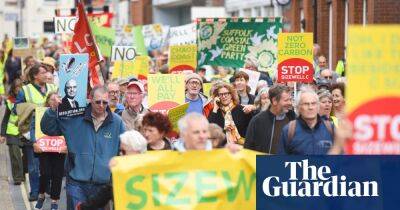We can’t all work ourselves out of the cost of living crisis
The government’s responses to the cost of living crisis are mainly long term and do not respond to the immediate and dire situations of people in the greatest need (Boris Johnson to stress work as the fix for cost of living crisis, 22 May). Many have incomes below the tax threshold and will therefore not benefit from any cut in income tax. The £150 council tax rebate and £200 loan will be welcome to some, but will have already been swallowed up by recent energy bills.
An immediate and adequate increase in benefits could surely be brought into play. If not, as is the case with many of this government’s initiatives, saving money now will certainly result in massive future payments necessary to deal with the unfortunate outcomes, such as the results of going without sufficient food, being able to clothe growing children, dealing with threatened eviction from rented property, and defaulting on mortgage payments.
HMRC could surely provide information to identify the majority of these people. Many of them will be receiving universal credit or other benefits, which have been increased this year by much less than the rate of inflation. The need for levelling up is obvious. All these matters require further government spending. The older definition of redistribution of wealth should be brought into play, and could be partly addressed by closer alignment between national insurance and income tax rates.
People on taxable earnings up to £50,000 pay income tax at 20% and NI at 13.25%. People earning more than that pay income tax at 40% for their earnings above £50,000, while NI is a mere 3.25%. How is this fair?Jill WestbyNottingham
I am perplexed that people are suggesting raising universal credit, but what’s not being reported is what
Read more on theguardian.com

![Monero’s [XMR] 90-day performance evaluation has these tips for its traders - ambcrypto.com - city Santiment - city Santimentdespite](https://finance-news.co/storage/thumbs_400/img/2022/6/22/30855_8rvem.jpg)
